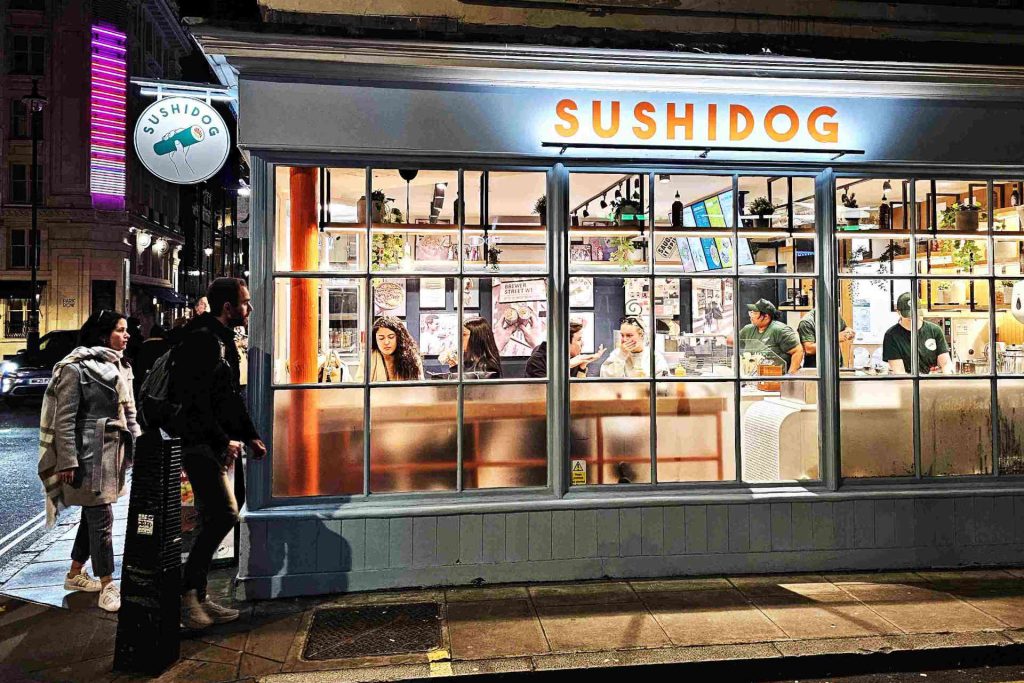
Today, snacks are versatile, practical and sustainable – the new main meal for modern everyday life. Denmark is leading the way: the snack has become socially acceptable there and is establishing itself as a meal option in its own right, moving away from the image of a mere substitute meal. There has been an interesting shift in terminology: the hot evening meal is called “Middag”. During the day, the trend towards smaller, more flexible meals (Frokost in Danish) is gaining ground.
This so-called snackification reflects the fast lifestyle in which small portions replace main meals. Snacks today are not only practical and healthy, but also attractively and sustainably packaged. At the same time, snacking is a profitable market and the industry is on course for growth. Major players such as McDonald's are responding by investing billions worldwide to maintain their position in this dynamic market. And soon even some two-lane drive-ins. Today, the snack segment is more diverse, of higher quality and more integrated into everyday life than ever before.
International influences are shaping the market: while the burger retains its top position as the global “protein sandwich”, new variants such as smashburgers are emerging. Rumors that the kebab could replace the burger are unfounded, but the first organic kebabs and healthier alternatives such as falafel and samosas are gaining popularity. These snacks, inspired by Levantine and Indian cuisine, are appealing to new target groups. Empanadas from Brazil are also convincing as temperature-stable “snack carriers”. Mexican dishes such as tacos and burritos are celebrating a revival that is spilling over to Europe via California, led by chains such as Pink Taco.
At the same time, interest in clean-label snacks with transparent ingredient lists and less sugar or preservatives is growing. New quick service chains such as Greenkarma and Kaspar Schmauser are focusing on healthy and innovative concepts, while egg sandwiches such as those from Berlin-based Bregg are making further inroads into the market.

Leonardo Hotels is expanding its commitment and turning World Cleanup Day 2025 into a European movement: Employees from 140 hotels in 12 countries are participating in cleanup campaigns – from Berlin to Bucharest, from London to Rome. Instead of a single day, the period has been extended to ten days to allow as many teams as possible to participate.
From gut health to alcohol-free enjoyment, from AI-supported shopping planning to viral food hypes: Austrian online supermarket Gurkerl.at sees four megatrends that will permanently change the food and beverage industry in 2026. Head buyer Nina Gerhardt explains why consumption is no longer just about price and availability – but about lifestyle, well-being, and digital intelligence.


Today, snacks are versatile, practical and sustainable – the new main meal for modern everyday life. Denmark is leading the way: the snack has become socially acceptable there and is establishing itself as a meal option in its own right, moving away from the image of a mere substitute meal. There has been an interesting shift in terminology: the hot evening meal is called “Middag”. During the day, the trend towards smaller, more flexible meals (Frokost in Danish) is gaining ground.